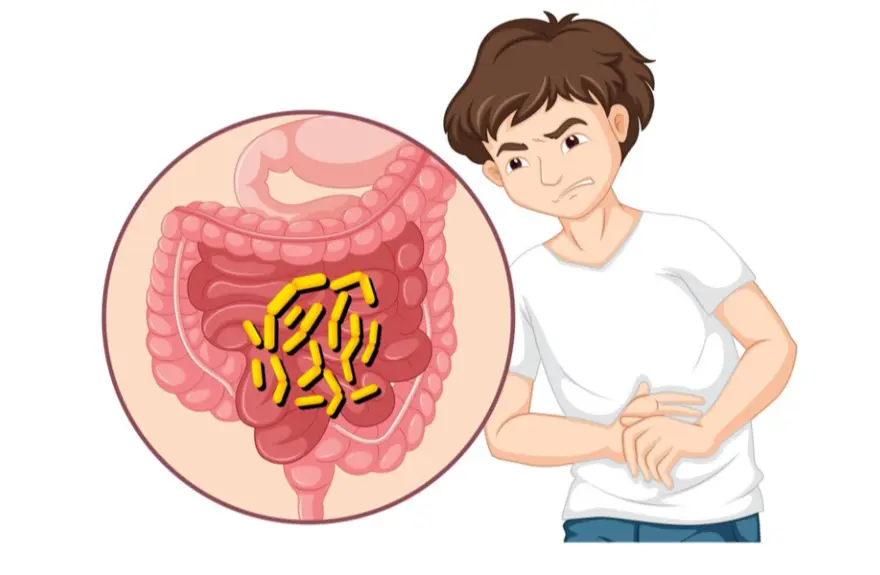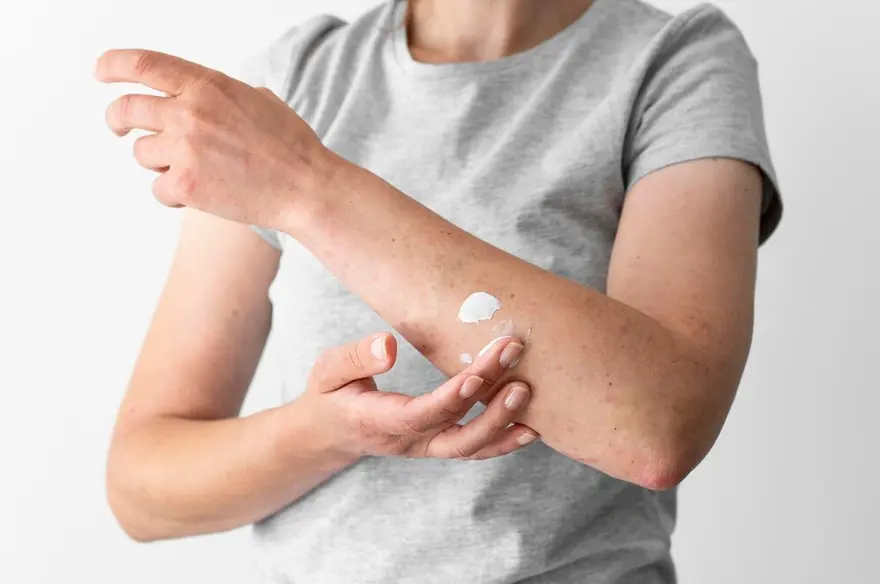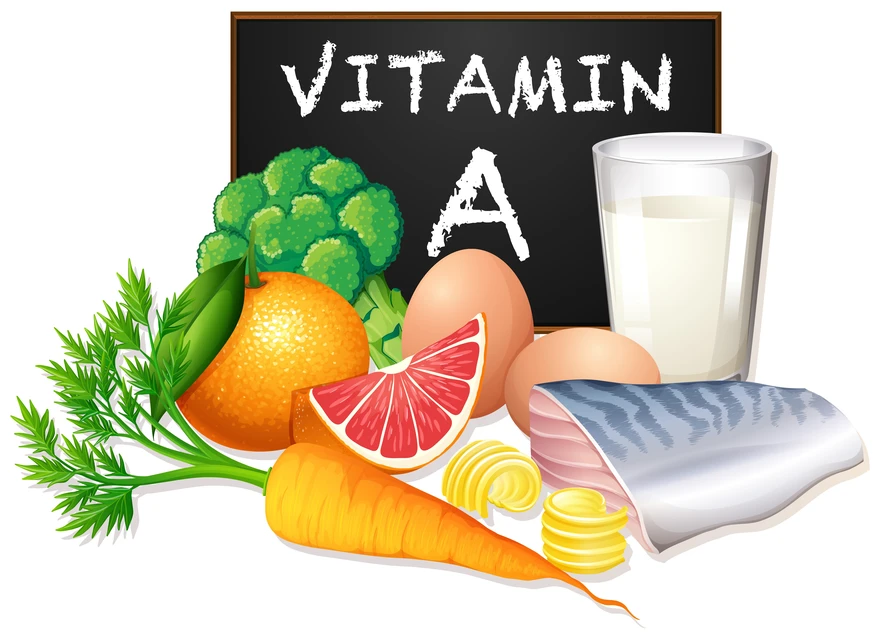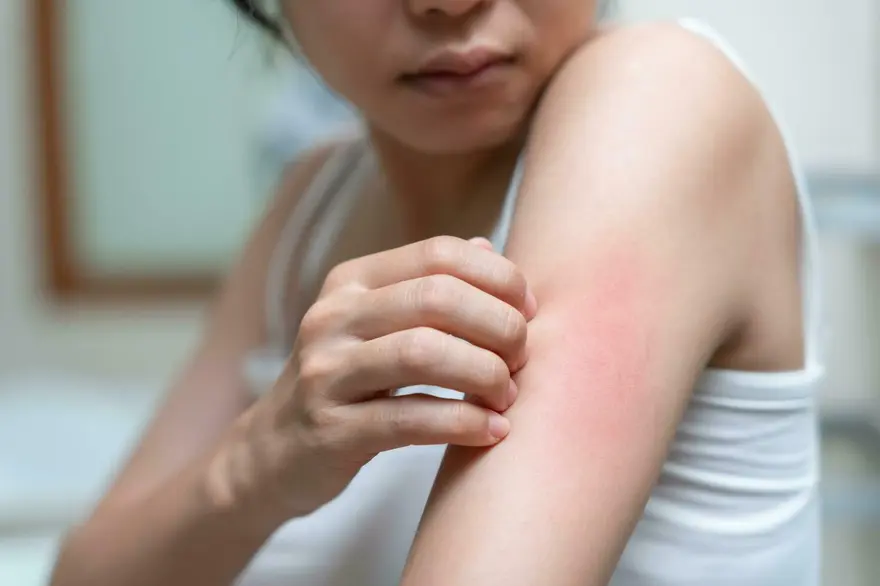Preventive Healthcare
Understanding Cholera: Symptoms, Treatment, Vaccine, and Prevention
7073 Views
0

What is cholera?
Cholera is caused by Vibrio cholerae and spreads through contaminated water or food. The patient may suffer from severe diarrhoea and dehydration. People living in areas with poor sanitation, have more chances to get infected with cholera. Treatment involves rehydration and, in severe cases, antibiotics. Cholera sickness continues to be a global public health concern, reflecting disparities in social development.
How common is cholera?
Globally, cholera incidence varies, posing a higher risk in regions lacking clean water and sanitation. According to the World Health Organization (WHO), an annual estimate of 1.3 to 4 million cases and 21,000 to 143,000 deaths is reported, though underreporting and challenges in surveillance may result in higher figures. Cholera outbreaks highlight the importance of proactive cholera prevention and rapid response efforts.
What causes cholera?
Vibrio cholerae, the cholera-causing bacterium, is typically present in food or water contaminated with an infected person's faeces. Common causes of cholera include:
- Municipal water supplies
- Ice made from municipal water
- Street vendors' food and drinks
- Vegetables irrigated with water containing human wastes
- Raw or undercooked fish and seafood from sewage-polluted waters
Consuming contaminated items leads to the release of a toxin in the intestines, causing severe diarrhoea.
What are the symptoms of cholera?
The cholera symptoms are divided into sub-categories:
Asymptomatic Spread:
- The majority exposed to Vibrio cholerae don't show symptoms.
- Shedding bacteria for 7-14 days, they can unknowingly infect through contaminated water.
Symptoms and Severity:
- Most symptomatic cases exhibit mild to moderate diarrhoea.
- Onset was often hard to differentiate from other causes.
- Severe symptoms develop within days of infection.
Cholera Infection Symptoms:
- Sudden, watery diarrhoea causing rapid fluid loss (up to 1L/hour).
- Diarrhoea appearance is pale, resembling rinsed rice water.
- Nausea and vomiting, especially in the early stages.
Dehydration Indicators:
- Dehydration can escalate rapidly, ranging from mild to severe.
- Severe dehydration signs include irritability, fatigue, sunken eyes, dry mouth, and extreme thirst.
- Skin appears dry and slow to bounce back when pinched.
Electrolyte Imbalance:
- Dehydration leads to a swift loss of essential minerals.
- Serious signs include muscle cramps from sodium, chloride, and potassium loss.
Hypovolemic Shock:
- Severe dehydration can lead to hypovolemic shock.
- Results in low blood pressure and reduced oxygen, potentially fatal if left untreated.
What problems can cholera cause?
Here are some problems caused by cholera:
- Substance Loss from Diarrhoea and Vomiting:
- Electrolytes, fluids, sodium, and potassium are significantly depleted.
- Dehydration Symptoms:
- Dry mucous membranes in eyes, nose, and mouth.
- Elevated heart rate.
- Hypokalemia (low blood potassium levels).
- Hypotension (low blood pressure).
- Reduced skin elasticity.
- Consequences of Untreated Severe Dehydration:
- Kidney failure.
- Shock.
- Coma.
- Fatality.
How is cholera diagnosed?
Cholera can be diagnosed by:
- Symptom Assessment:
- Watery diarrhoea, nausea, vomiting, and abdominal cramps.
- Progression leads to lethargy and dehydration.
- Gold Standard Diagnosis, Culture Method:
- Stool samples on TCBS agar isolate Vibrio cholerae.
- Yellow clumps indicate cholera strain.
- Distinguishes from other causes of dysentery.
- Rapid Immunochromatographic Dipstick Testing:
- Common in cholera-endemic areas.
- The dipstick in the stool sample shows two red lines for cholera and one for negative.
- Diagnosis within 2-15 minutes.
- Blood Antibody Testing:
- Detects antibodies against Vibrio cholerae.
- Cholera Serogroups:
- O1 and O139 were responsible for epidemics.
- O1 is further divided into El Tor and Classical biotypes, then Inaba, Ogawa, and Hikojima subtypes.
- O139 has been identified as causing outbreaks in India and Bangladesh since 1992.
How is cholera treated?
Various cholera treatment include the following:
- Critical Cholera Treatment:
- Priority is oral rehydration therapy (ORT) to combat dehydration.
- ORS, a blend of water, sugar, and salts, is the mainstay.
- Commercial and Homemade ORS:
- Commercial mixes exist, but cost limits availability in developing regions.
- Homemade recipes with household ingredients are common.
- Intravenous Fluids for Severe Cases:
- Severe cases require intravenous fluid replacement.
- An adult weighing 70 kg needs at least 7 litres of intravenous fluids.
- Role of Antibiotics:
- Antibiotics can reduce illness duration.
- WHO suggests avoiding using excessive antibiotics, due to rising bacterial resistance.
- Avoidance of Antidiarrheals:
- Anti-diarrheal medicines are not recommended as they hinder bacteria elimination.
- Fatality Rate with Proper Care:
- With adequate care, the fatality rate is typically around 1 percent.
How can I avoid cholera?
You can avoid cholera by following the pointers listed below:
- Ensure Safe Water:
- Drink bottled water.
- Opt for water with unbroken seals; avoid drinking water from pipes, cups, or bags.
- Treat water with chlorine, boil it, use bleach, or filter it.
- Prioritise Hand Hygiene:
- Wash your hands frequently with soap and safe water.
- Before/after food preparation, eating, using the toilet, cleaning, or caring for someone sick.
- Use alcohol-based hand rub if soap and water are unavailable.
- Emphasise Sanitation:
- Use toilets or managed sanitation facilities.
- Remember to wash your hands after using the toilet.
- Dispose of faeces appropriately; bury or use designated latrines.
- Practise Safe Food Handling:
- Cook your food thoroughly; eat it hot, cover it, and peel fruits/vegetables.
- Avoid raw, unpeeled produce.
- Implement Cleanup Measures:
- Clean your food preparation areas and utensils with soap and treated water.
- Bathe and wash clothes away from drinking water sources.
- Disinfect toilets and surfaces contaminated with faeces using a bleach solution.
- Maintain General Hygiene:
- Keep things clean, dispose of soapy water and dirty items safely.
- Wash your hands after cleaning and disinfecting.
What are the complications of cholera?
Complications that cholera can lead to are:
- Hypoglycemia (Low Blood Sugar):
- Particularly risky for children.
- May lead to seizures, unconsciousness, and death when too ill to eat.
- Low Potassium Levels:
- Cholera causes significant loss of minerals, including potassium, in stools.
- Very low potassium levels jeopardise heart and nerve function, posing a life-threatening risk.
- Kidney Failure:
- Filtering ability loss in kidneys leads to fluid, electrolyte, and waste buildup.
- Often accompanies shock in people with cholera, potentially becoming life-threatening.
Is there a vaccine for cholera?
- WHO-Approved Oral Cholera Vaccines (OCV):
- Three pre-qualified vaccines: Dukoral®, Shanchol™, and Euvichol®.
- All require two doses for full protection.
- Dukoral®:
- Administered with a buffer solution, requiring 150 ml of clean water for adults.
- Suitable for individuals over 2 years old.
- Minimum 7 days, maximum 6 weeks between doses.
- Children aged 2-5 may need a third dose.
- Primarily for travellers.
- Two doses offer 2-year protection against cholera.
- Shanchol™ and Euvichol®:
- Essentially the same vaccine from different manufacturers.
- No buffer solution is needed.
- Given to individuals over one year old.
- Minimum 2 weeks between doses.
- Two doses provide 3-year cholera protection, while a single dose offers short-term protection.
What is the outlook for someone with cholera?
Cholera's severity can escalate swiftly, with the rapid loss of fluids risking death within hours, especially in severe cases. Without treatment, dehydration and shock can lead to fatality within hours to days after symptoms emerge. Adequate supportive care, primarily fluid administration, is critical. Ensure to visit the healthcare centre and start the treatment immediately.
How can I protect myself if I plan to be in an area with cholera?
To avoid getting infected with cholera you should:
- Avoid any food, water, or surfaces you suspect might be contaminated.
- Make sure to wash your hands thoroughly with soap and clean water before eating food or after using the bathroom.
- Never consume water from risky sources like rivers or dams unless it's boiled or disinfected.
- If you're unsure about the cleanliness of the water, take precautions and treat or sterilise it before using it.
Conclusion
Cholera remains a significant global health concern, particularly in regions with inadequate sanitation and clean water access. Understanding the causes, symptoms, and preventive measures is crucial for individuals and communities. Timely and appropriate medical intervention, along with vaccination in high-risk areas, plays a pivotal role in mitigating the impact of cholera. Practising good hygiene, ensuring water and food safety, and adhering to preventive strategies empower individuals to protect themselves and their communities.
Metropolis Healthcare is the number 1 choice of many when it comes to reliable diagnostics labs in India. We also provide the facility of at-home tests, where the experts will collect your samples and ensure that you get the correct results timely.























 WhatsApp
WhatsApp
